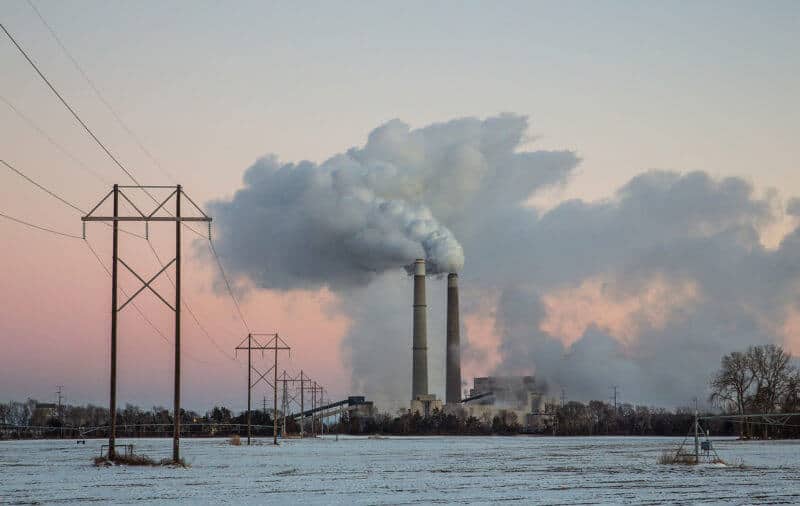If nations commit immediately not to replace fossil fuel infrastructure as it reaches the end of its expected lifetime, the world would have a 64 percent chance of keeping global warming below 1.5 degrees Celsius, according to a new study published in the journal Nature Communications.
To do this, the study argues, all fossil fuel infrastructure — from power plants, pipelines, and industrial facilities to vehicles, ships, and planes — would need to be replaced with zero-carbon alternatives at the end of their lifetimes. Delaying this phase-out until 2030 reduces below 50 percent the likelihood that the world could stay under 1.5 degrees C of warming, the study’s authors wrote.
The study, led by Christopher Smith, an atmospheric scientist at the University of Leeds in the UK, assumed a lifespan for power plants of 40 years, 15 years for cars, and 26 years for planes. It also assumed a rapid decline in the beef and dairy industry, a major source of greenhouse gases.
“It’s good news from a geophysical point of view,” Smith told The Guardian. “But on the other side of the coin, the [immediate fossil fuel phaseout] is really at the limit of what we could we possibly do. We are basically saying we can’t build anything now that emits fossil fuels.”


